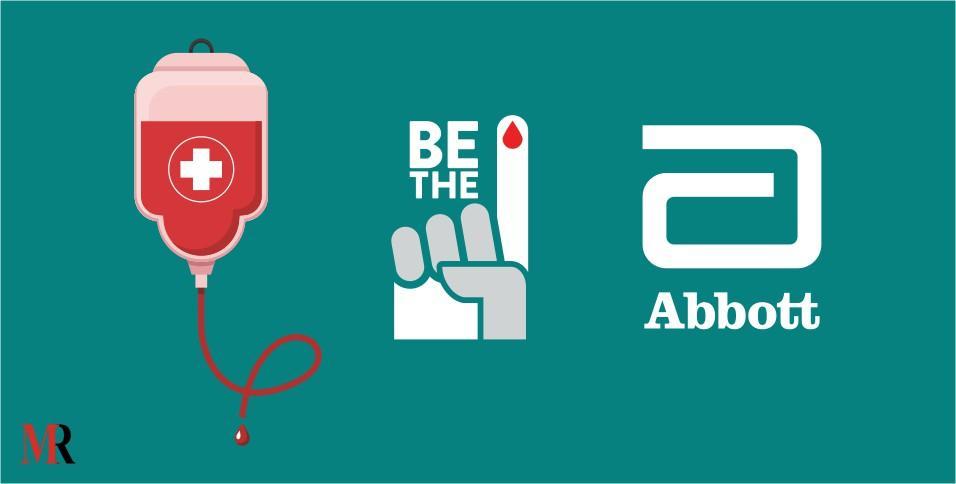2,723 U.S. adults participated in the survey can fill the gap left by aging baby boomers
Members of Generation Y are willing to offer voluntary (unpaid) blood donations. A new survey from Abbott shows that millennials are ready for this noble cause that may be the key to a growing public health problem: a shortage in donated blood. According to the millennials surveyed- 12% responded that they do donate blood regularly. Statistics consist changes favoring: developing altruism, raising the willingness to donate blood, and activating actual blood donation behavior.
Historically, only in United States 45% of blood donors belong to the age 50 years and above. Among them, a large portion of donors are baby boomers i.e. starting to reach an age when they develop serious health risks that make them ineligible to give blood. With millennials, it’s expected to overtake baby boomers as the U.S.’s largest living adult generation in 2019.
The survey reveals some degree of altruism things that would motivate millennials to donate wounded during emergencies:
- Generation Y being always ready, 23% agreed that they would donate if they knew someone who needed blood.
- 20% of the respondents would donate if they come to know about any special need specifically for their blood type.
- Accounting late respondents, 18% said they would be surprised if once they could see the impact on someone’s life.
In May 2019, the survey conducted among 2,723 U.S. adults (18 years and older) online by YouGov, a global public opinion and data company which evaluated Americans attitudes towards blood donation.
Alexander Carterson, M.D., Ph.D., global medical director, Transfusion Medicine, Abbott, said,”Millennials are known for wanting to positively impact global issues, and we are hoping to see that passion applied to donating blood.” “If more millennials are inspired to donate regularly, they have the potential to make a significant impact in blood donation and in people’s lives,” he assured.
The campaign “BE THE 1TM” launched to inspire more people to regularly donate blood and take responsibilities towards saving lives. It’s common to see in the society where young vibrant bloods used to donate blood while in college but stopped when they entered the workforce. Eddie Ogunro, a millennial who works at Abbott, with the same case, said, “It was never because I didn’t want to, I just didn’t really have the time,” said Ogunro. “Working at Abbott, I’ve seen firsthand the impact giving blood can have, and I’ve been inspired to give again. It’s an awesome feeling to know you can help save someone’s life.”















